Choosing Purpose, Peace, and Power Over Pressure – By Adera Godfrey
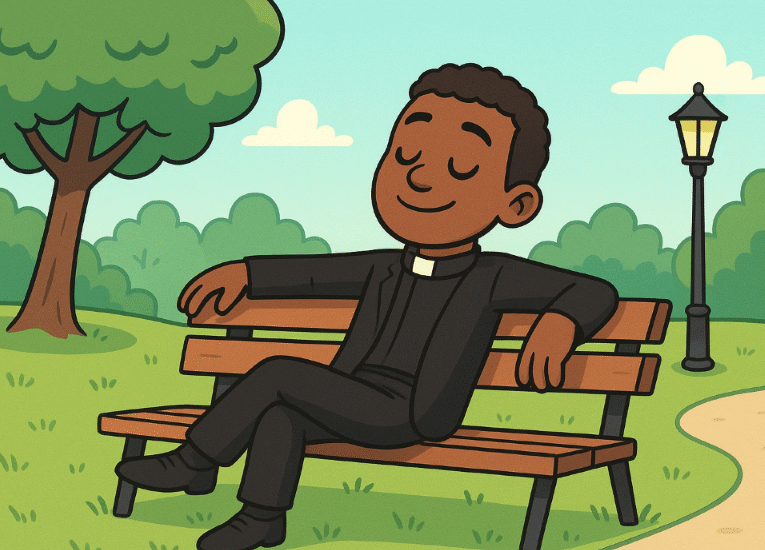
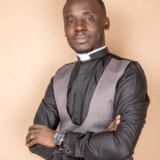
Reflections on faith, culture, and finding wholeness in singlehood
When people speak about being in your early thirties, they often describe it as the decade when life “should be coming together”, career settled, marriage underway, family started, and all markers of stability neatly aligned. For many, this script serves as a cultural compass. Yet for some of us, life unfolds differently.
I am a thirty-something, single, African reverend living between cultures, navigating professional expectations, community assumptions, and personal calling; all while discovering that purpose, peace, and power can flourish outside society’s timelines.
Growing up in Kenya, singlehood past a certain age is not a quiet status; it is a public conversation. It does not matter whether one is deeply invested in ministry, pursuing academics, shaping meaningful work, or simply living with intention; people will ask, “So when are you marrying?” The question is not merely about companionship; it is a coded expectation of responsibility, normalcy, and adulthood. In African culture, marriage is often seen as a rite of passage into respectability. For men especially, family life is equated with stability and leadership credibility. As a reverend, the expectations double: communities often imagine clergy as married leaders embodying a certain family ideal that mirrors the church’s image of completeness.
For a long time, I felt the weight of these expectations pressing on my identity. I did not resent the idea of marriage, nor did I reject the beauty of companionship; rather, I resisted the notion that my worth and maturity should be measured by marital status. In quiet moments, I sometimes wondered whether my singlehood made people question my leadership, my values, or my sense of responsibility. There were days I felt misunderstood, not because I lacked clarity about my path, but because others struggled to understand that God’s timeline for each of us is uniquely authored.
My calling in ministry has taken me across cultures, into diverse communities, and into scholarly spaces that continue to transform me. Living abroad has heightened my awareness of how culture shapes expectations of adulthood. In some of the countries where I have spent part of my vocational and academic journey, singlehood in one’s thirties is far less interrogated. People focus more on vocation, self-growth, and personal well-being. I am often met with curiosity, respect for my autonomy, and support for focusing on purpose. The contrast is striking: one context reflects cultural continuity and communal thinking; the other prioritizes individuality and self-actualization.
Navigating life between these two worlds has not always been easy. There are moments I feel culturally suspended, not fully fitting one narrative nor the other. Yet it is in this in-between space that I have discovered something liberating: my life is not a race against anyone’s expectations. The gift of singlehood has allowed me to serve, learn, travel, grow, and nurture meaningful relationships without the pressure to conform to timelines that are not mine.
In ministry and academic work, singlehood has given me a unique flexibility to be fully present. I have been able to journey with young people, engage in advocacy for gender justice, accompany communities in healing and transformation, and pursue my doctoral studies with depth of commitment. I have had the space to build friendships that are rich and vulnerable, grounding relationships not treated as placeholders before the “real life” begins. I have come to learn that singlehood, when embraced rather than endured, can be a season of expansion and discovery.
Still, the journey toward acceptance and empowerment has required intentional work. I have had to confront internalized beliefs shaped by culture, church, and tradition, beliefs that subtly suggested marriage is the gateway to fulfillment or the final marker of adult legitimacy. I have learned to name and unlearn narratives that make single people feel incomplete. I have had to build emotional resilience to face insensitive questions and unsolicited advice, often wrapped in concern but rooted in social conditioning.
Peace is not the absence of desire for companionship; it is the refusal to let fear or social scrutiny drive one’s choices.
Adera Godrey
One of the most transformative lessons I have learned is that choosing peace over pressure is an act of self-respect. Peace is not the absence of desire for companionship; it is the refusal to let fear or social scrutiny drive one’s choices. It is the courage to say, “My life has worth and meaning now, not when things align according to others.” Power, in this context, is not dominance or pride; it is agency, the ability to define one’s journey, make intentional decisions, and honour one’s becoming.
I know that my story resonates with many men and women, clergy and lay, African and beyond, who are walking through their thirties without ticking society’s prescribed boxes. To you, I say: you are not delayed. You are becoming. Life is not a universal script; it is a personal unfolding.
Choosing purpose means embracing the assignments that set your soul on fire, even when they do not align with societal timelines. Choosing peace means staying grounded in who you are, not who others think you should be. Choosing power means making life decisions from a place of self-awareness, faith, and authenticity, not fear of judgment or loneliness.
The beauty of this season of my life is that I am learning to hold space for both longing and gratitude. Yes, I desire love and companionship. I pray for a partner who will share in life’s calling, joy, and growth. But I refuse to rush into marriage to satisfy curiosity or silence cultural noise. I trust in God’s timing, and I am open to love without idolizing marriage as the ultimate destination.
Because, truthfully, life is not waiting to start, it is happening now.
As I continue walking this path, I aspire to become a voice of reassurance for those who feel pressured by the weight of expectation. I want to challenge the narrative that adulthood and respectability are tied to marital status. I hope to inspire others to value the fullness of their current season, not as a temporary waiting room, but as a sacred chapter worthy of celebration.
Being single in my thirties is not a deficit, but a journey of wholeness, intention, joy, and faith. It is teaching me to love myself fully, to cultivate deep friendships, to steward my calling with clarity, and to remain open to love without fear.
So here I stand: thirty-something, single, fulfilled, still growing, not escaping cultural and professional pressures, but transforming them into opportunities for reflection and liberation.
I am choosing purpose, peace, and power over pressure. And in doing so, I am learning that the most beautiful life we can live is one rooted in authenticity, alignment, and grace.
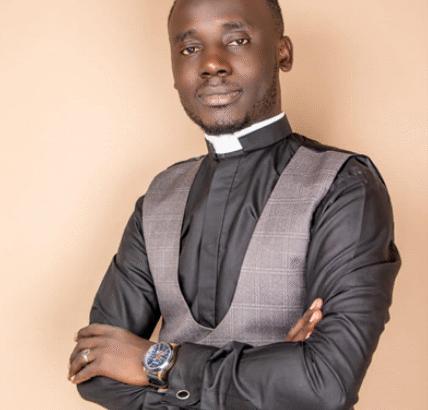
Rev. Godfrey Owino Adera is an Anglican priest, theologian, and social justice advocate. He is a PhD candidate whose research explores Systematic Theology, Gender and Sexuality, Ecumenism, and the intersections of Religion and Public Health. His work focuses on faith-based engagement in addressing gender-based violence, teenage pregnancy, and HIV infections. He also serves with the Circle of Concerned African Women Theologians (St. Paul’s University Chapter), where he supports research, capacity-building, and advocacy initiatives.
Do you want to be featured on the blog?
Do you have a story to share? You can either submit something you’ve already written, or simply opt to have a conversation with me, and I’ll help tell your story.
Feel free to fill the form on this link (https://forms.gle/4zg1ckjpggwEG9zy9), or reach out via email (paulaknorah@gmail.com) and let’s get started.
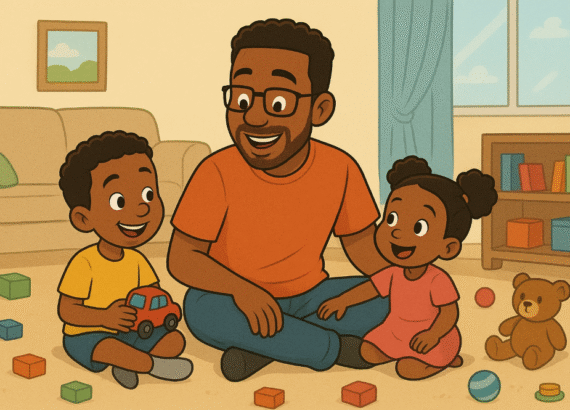
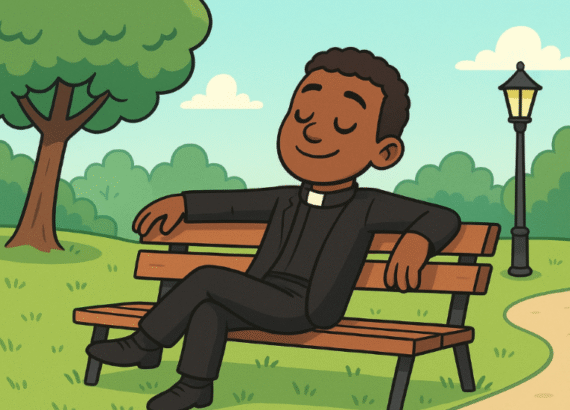
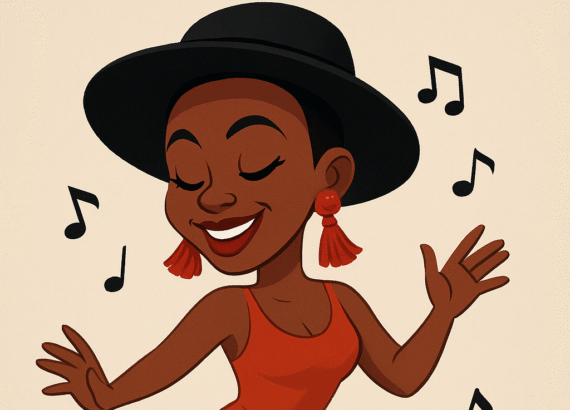

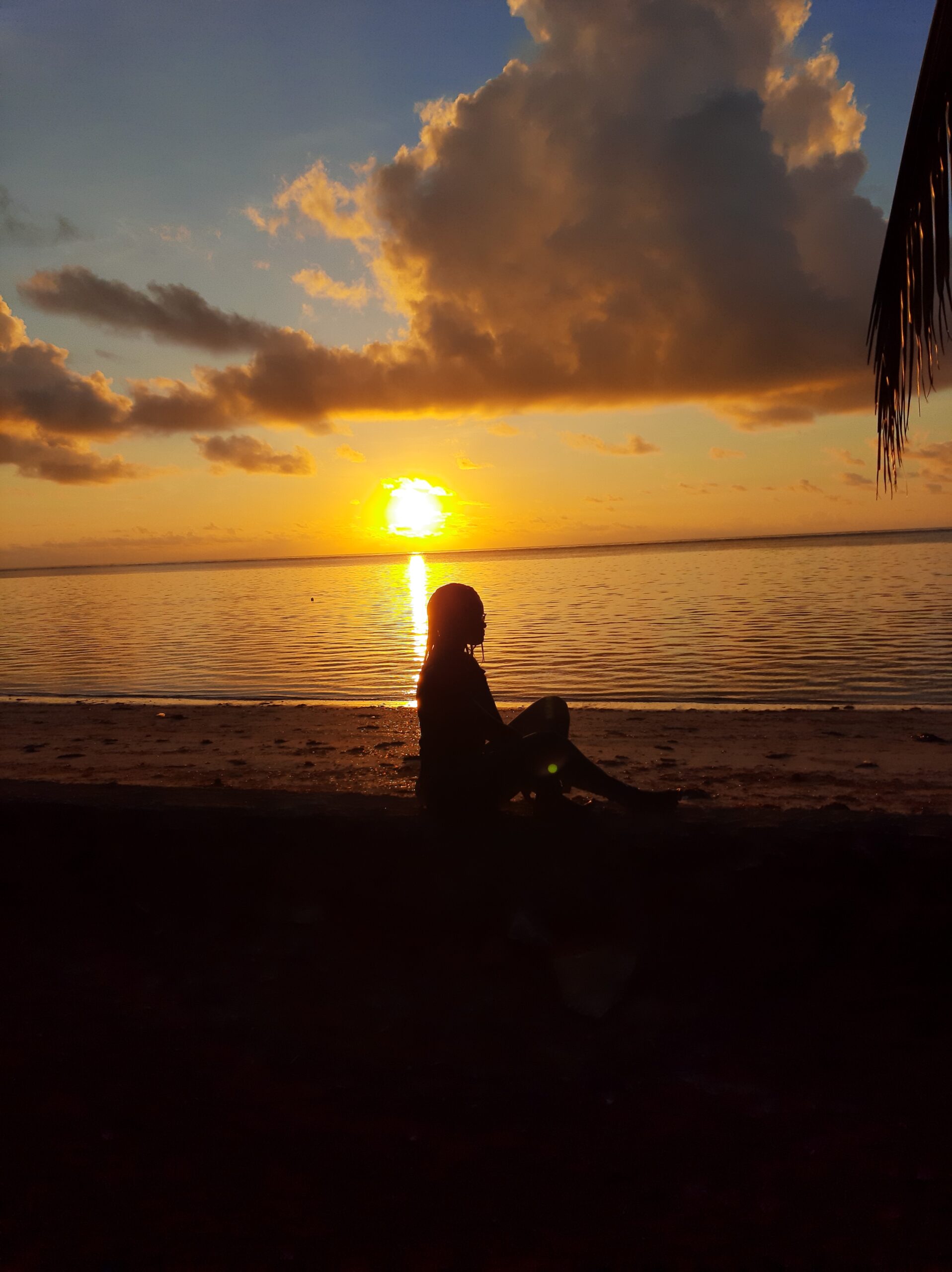
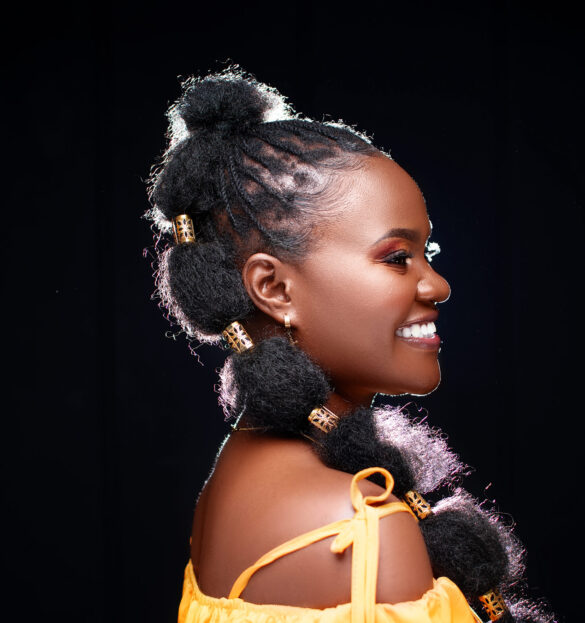


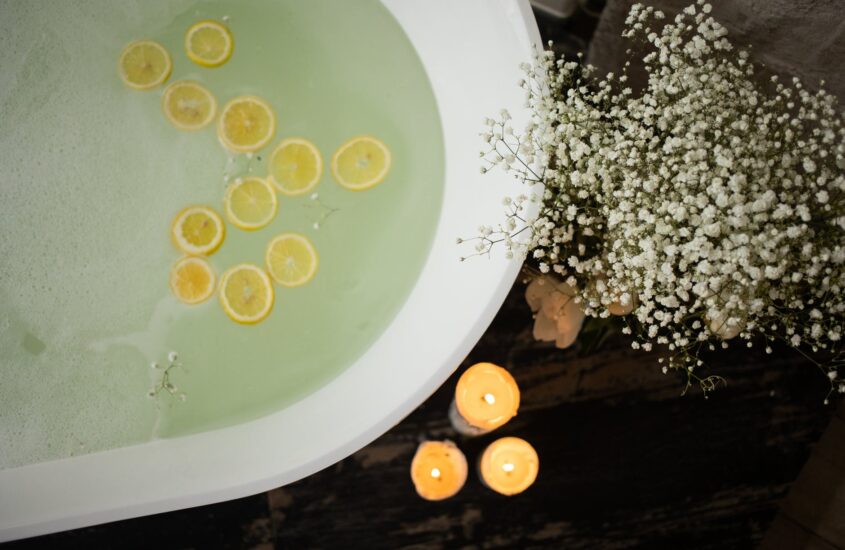
Godfrey Owino Adera
Thank you for featuring my story. 💛
Sharing this part of my journey as a thirty-something, single and truly happy, has been both healing and empowering.
I hope it reminds someone out there that being single in your 30s is not a crisis. It can be a season of purpose, joy, discovery, and becoming
Grateful for the love and encouragement. May this story inspire others to embrace their path with confidence and peace.
Lucy Okelloh
I did not resent the idea of marriage, nor did I reject the beauty of companionship; rather, I resisted the notion that my worth and maturity should be measured by marital status….. This!